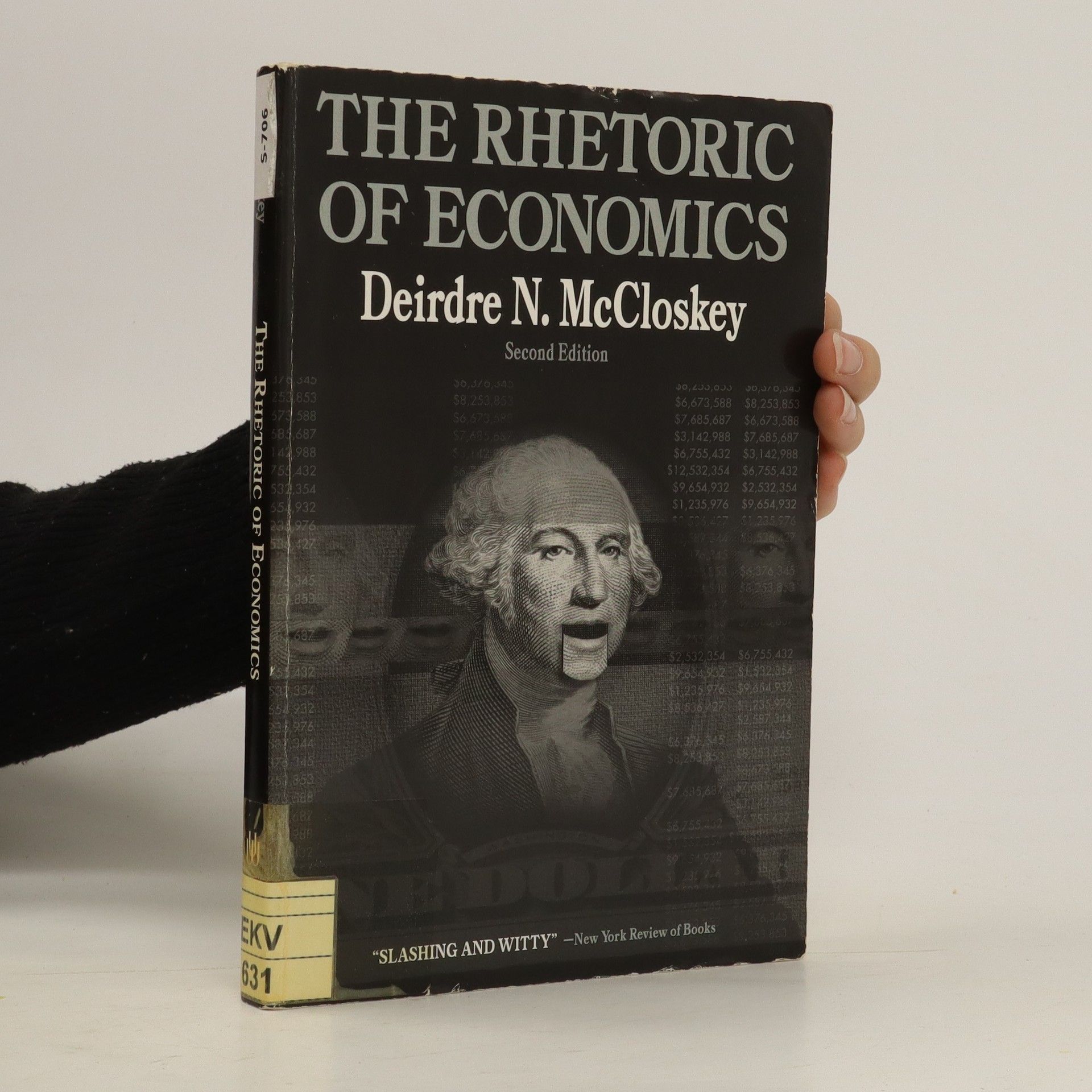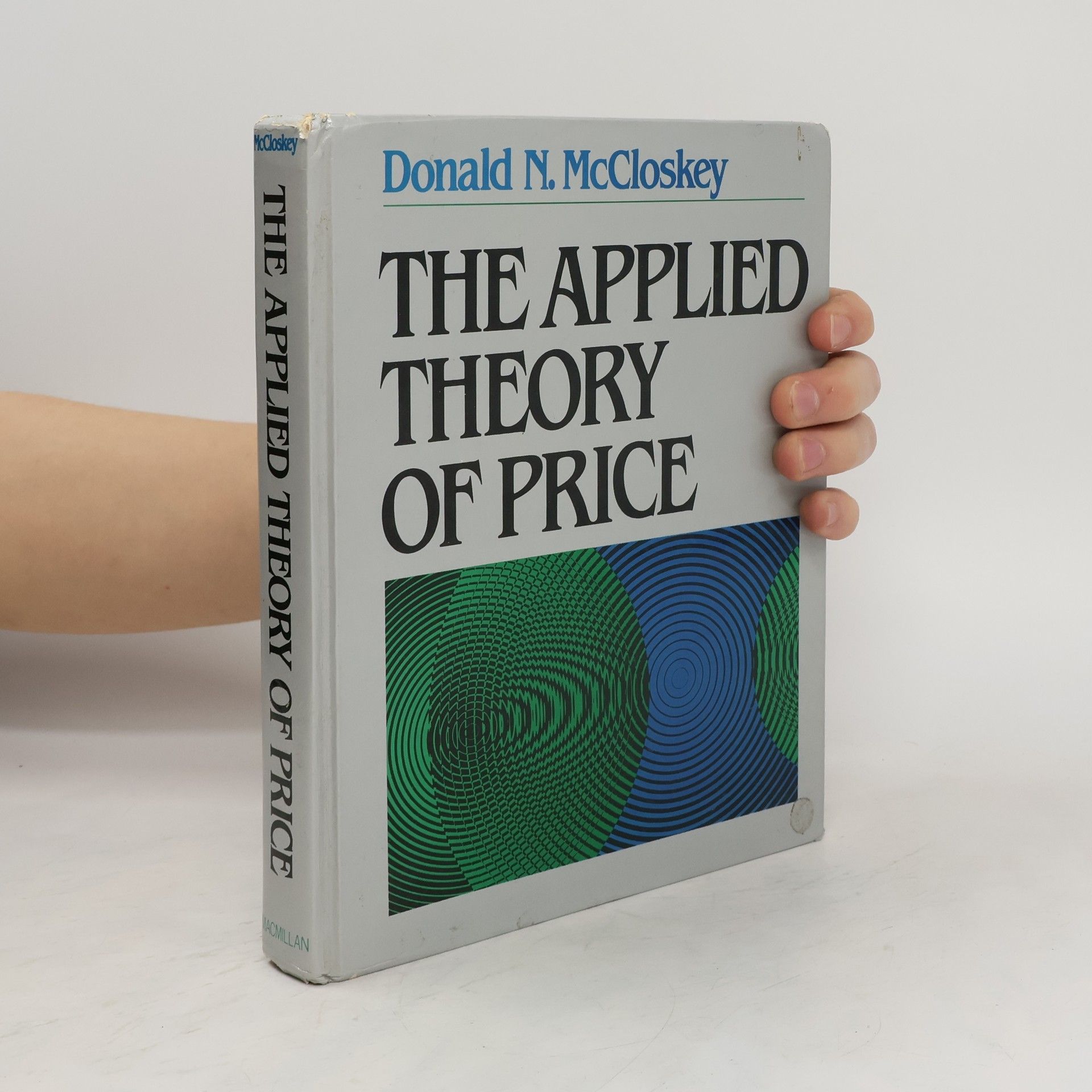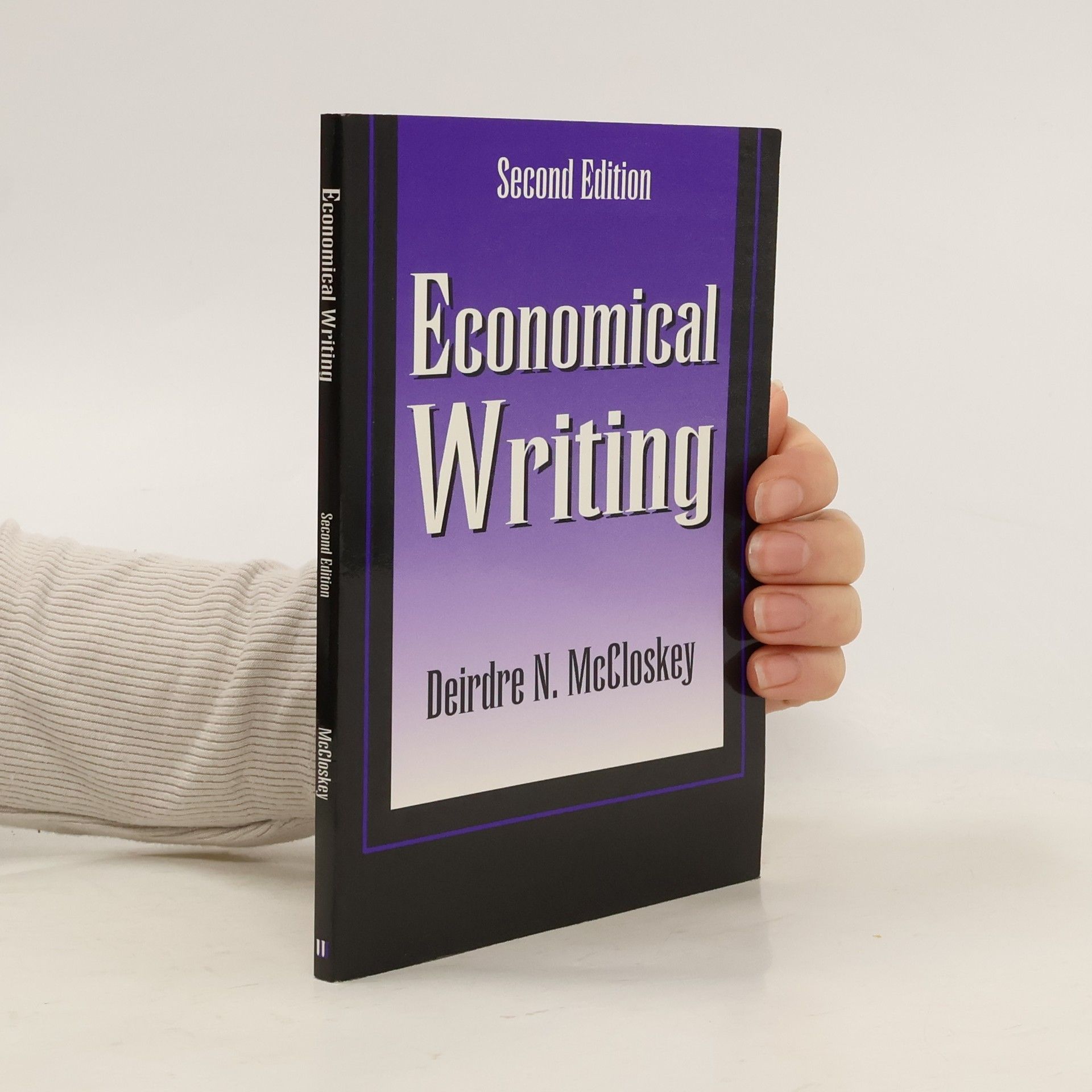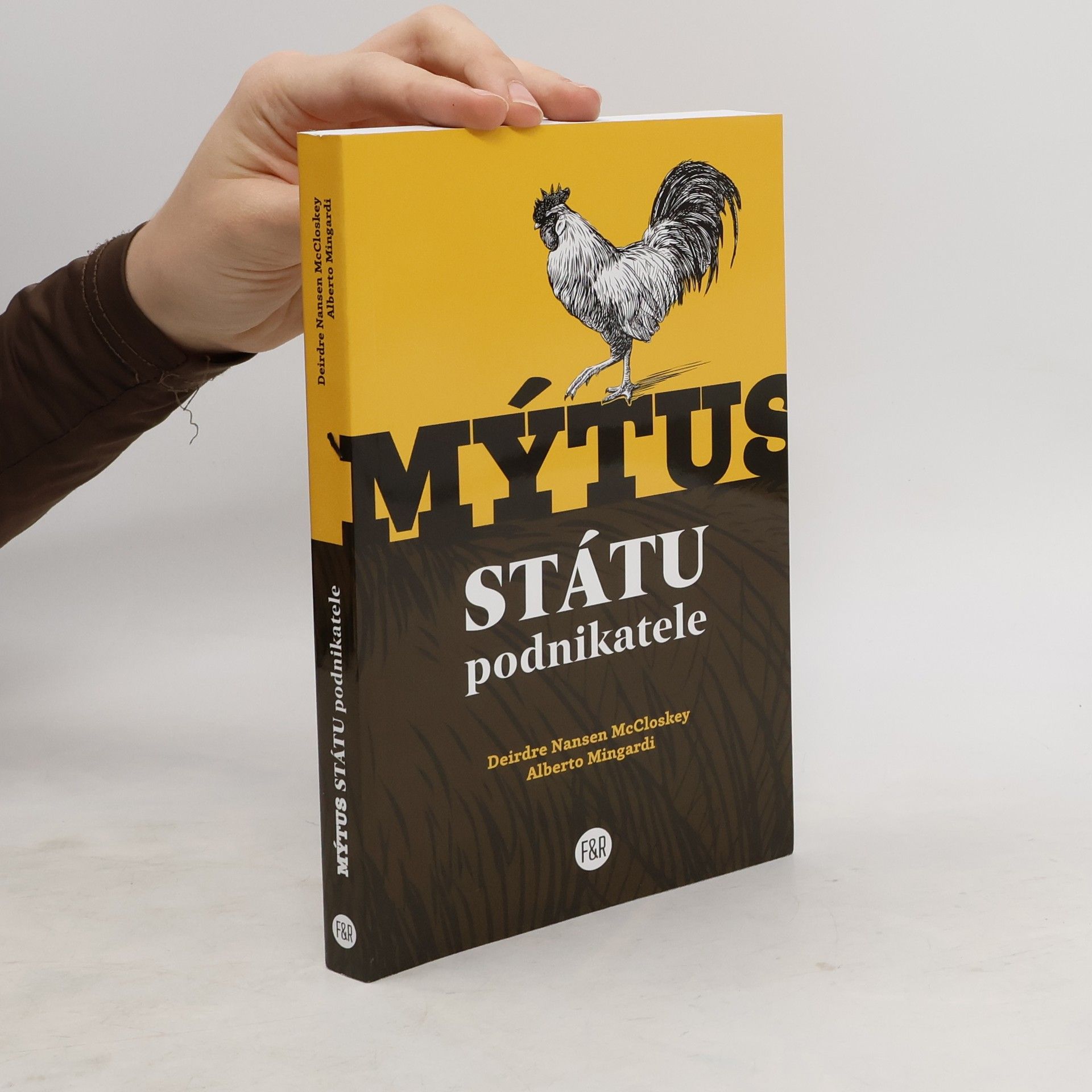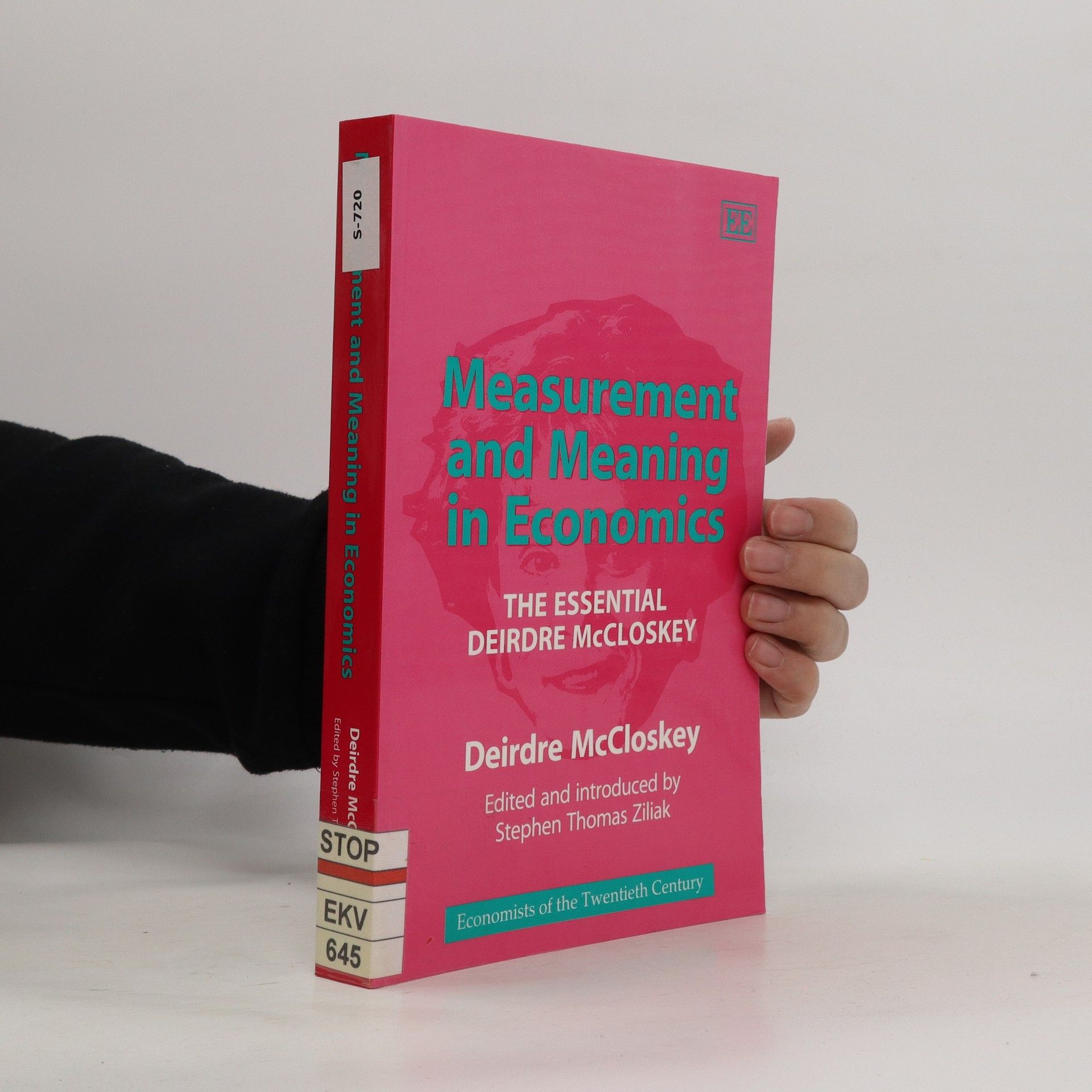Mit przedsiębiorczego państwa
- 220 pages
- 8 hours of reading
W książce zatytułowanej Przedsiębiorcze państwo Mariana Mazzucato broni tezy, że państwowa ingerencja jest niezbędnym elementem na drodze do rozwoju gospodarczego. Przedstawia ona rozumowanie mające wyjaśniać, w jaki sposób centralne planowanie pomaga gospodarce, oraz przedstawia przykłady mające popierać jej teorię. Autorzy Mitu Przedsiębiorczego Państwa zwracają uwagę na błędy w etatystycznym rozumowaniu. McCloskey i Mingardi podkreślają, że teoria o konieczności ingerencji państwa w rozwój gospodarczy jest błędna, a przykłady przedstawiane na jej poparcie w rzeczywistości pokazują coś zupełnie innego. Para naukowców rozprawia się z narracją Mazzucato wskazując na jej niespójność z faktami historycznymi i tendencyjny charakter. Jak w rzeczywistości wyglądał udział państwa w tworzeniu takich projektów, jak m.in. Internet? Odpowiedź na to i inne pytania znajduje się w książce.

